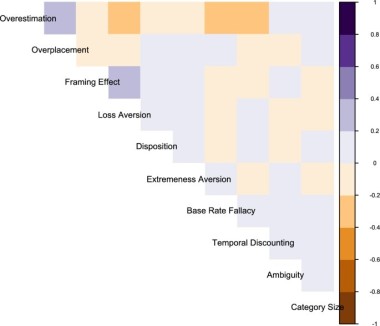Mystery of moths' warning sound production explained in new study (phys.org)
The workings of the ultrasonic warning sounds produced by the wings of a species of moth have been revealed by researchers at the University of Bristol.
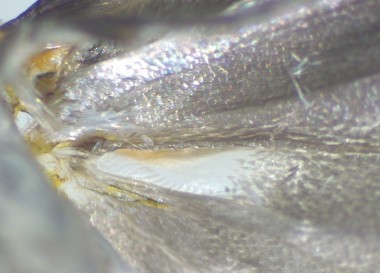
The workings of the ultrasonic warning sounds produced by the wings of a species of moth have been revealed by researchers at the University of Bristol.

Before epilepsy was understood to be a neurological condition, people believed it was caused by the moon, or by phlegm in the brain. They condemned seizures as evidence of witchcraft or demonic possession, and killed or castrated sufferers to prevent them from passing tainted blood to a new generation.

If you looked up 66 million years ago you might have seen, for a split second, a bright light as a mountain-sized asteroid burned through the atmosphere and smashed into Earth. It was springtime and the literal end of an era, the Mesozoic.

To produce plant-based cheeses that feel and taste like dairy cheese, scientists have their sights set on fermentation. In a new research result, University of Copenhagen scientists demonstrate the potential of fermentation for producing climate-friendly cheeses that people want to eat.
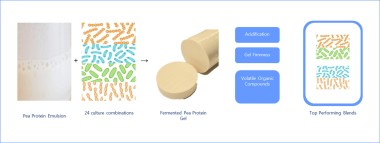
The US government on Thursday announced plans to phase out single-use plastics on public lands, including the country's famous national parks, by 2032.

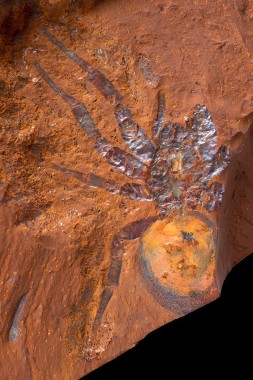
Paleontologists at University College Cork (UCC) in Ireland have discovered X-ray evidence of proteins in fossil feathers that sheds new light on feather evolution.
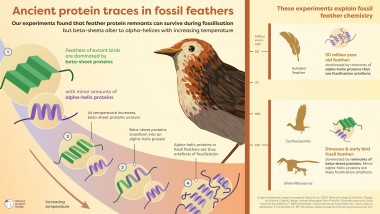
The bright lights of big cities could be causing an evolutionary adaptation for smaller eyes in some birds, a new study indicates.
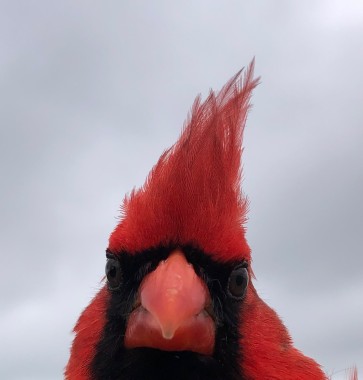
In a controversial bid to expose supposed bias in a top journal, a US climate expert shocked fellow scientists by revealing he tailored a wildfire study to emphasize global warming.

Adding more natural areas across our towns and cities could cool them by up to 6°C during heat waves, according to new research from the University of Surrey's Global Centre for Clean Air Research (GCARE).

A pioneering study has shed new light on North African humid periods that have occurred over the past 800,000 years and explains why the Sahara Desert was periodically green.

Sitting calmly in their webs, many spiders wait for prey to come to them. Arachnids along lakes and rivers eat aquatic insects, such as dragonflies. But, when these insects live in mercury-contaminated waterways, they can pass the metal along to the spiders that feed on them.

Dinosaurs have quite the reputation for being the largest, fiercest predators in life's history. Yet, 40 million years before dinosaurs ruled, Pampaphoneus biccai dominated South America as the biggest and most bloodthirsty meat eater of its time.
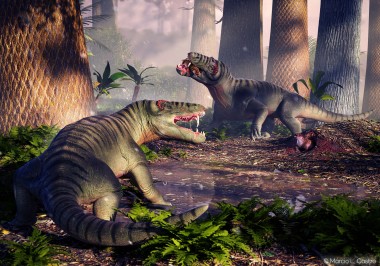
Tom Hardy and his Marvel character Venom have given their names to a newly-discovered Australian spider. The genus Venomius and its only current species Venomius tomhardyi were described following an expedition to Tasmania.
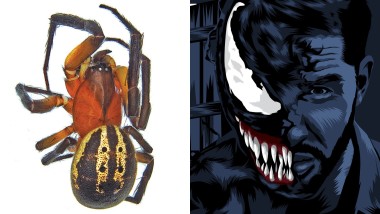
South Africa is renowned for having one of the world's biggest populations of great white sharks (Carcharodon carcharias). Substantial declines have been observed, however, in places where the sharks normally gather on the coast of the Western Cape province. Sharks congregate at these locations to feed, interact socially, or...

An international research team including the University of Göttingen has described seven previously unknown species of leaf insects, also known as walking leaves. The insects belong to the stick and leaf insect order, which are known for their unusual appearance: they look confusingly similar to parts of plants such as twigs,...
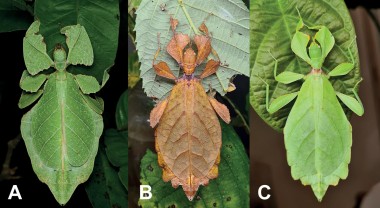
A global study led by a researcher at Columbia University Mailman School of Public Health and published in the journal Scientific Reports finds that economic inequality on a social level cannot be explained by bad choices among the poor nor by good decisions among the rich. Poor decisions were the same across all income groups,...
